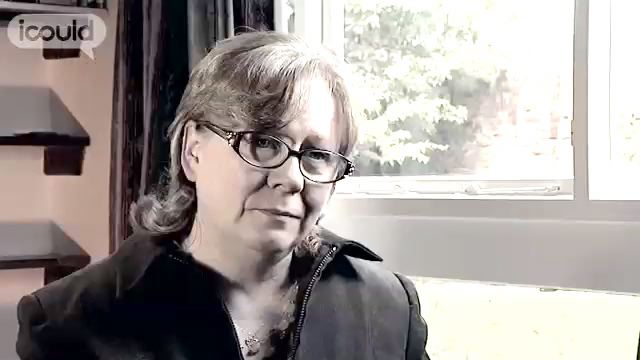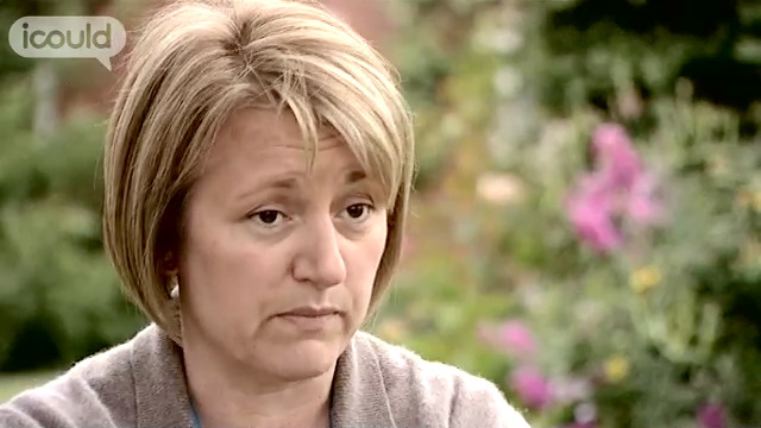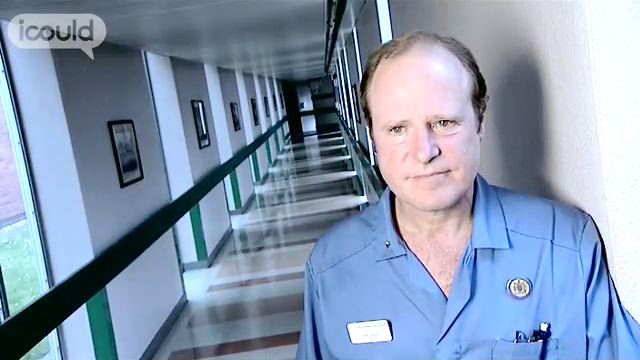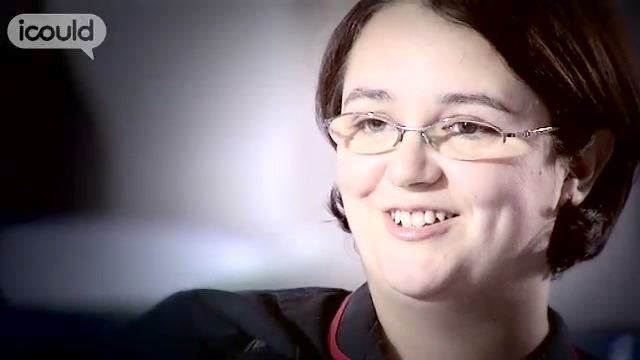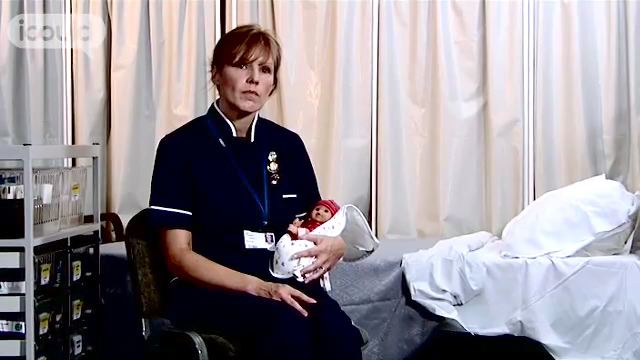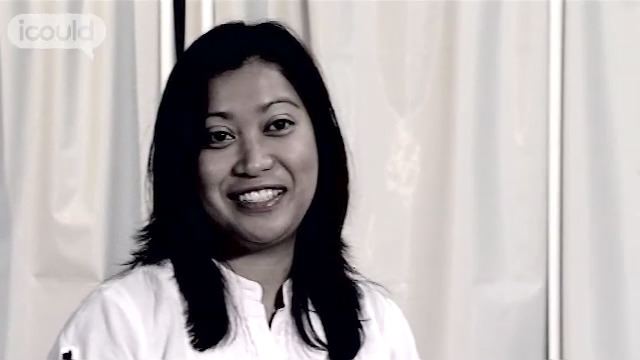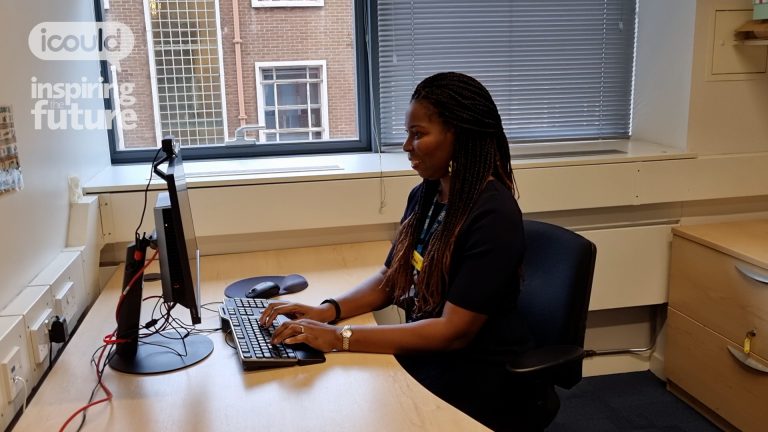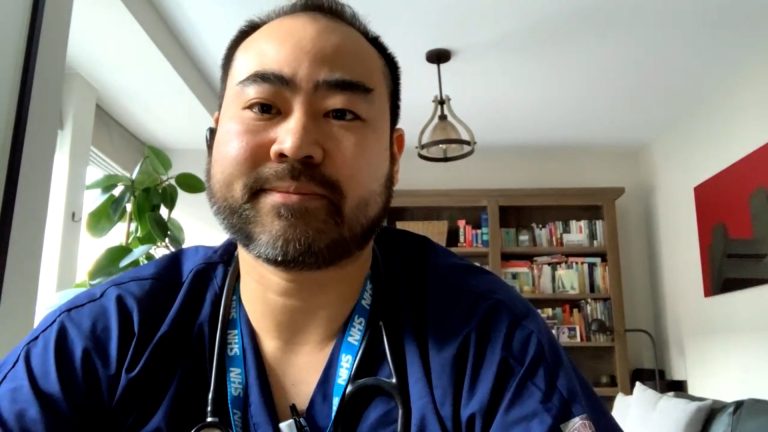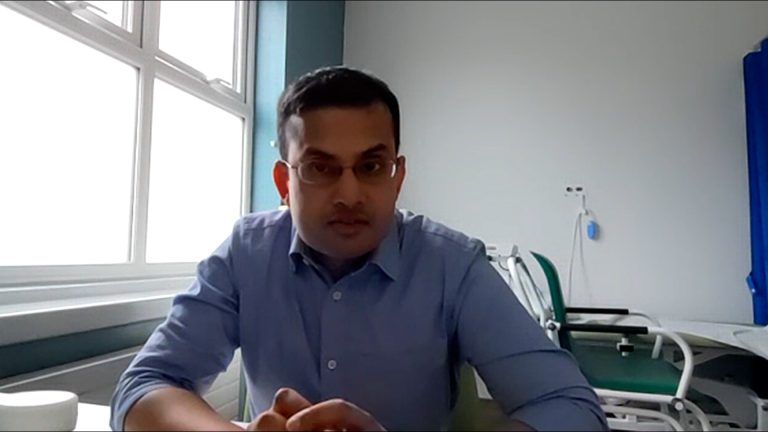Learning Disabilities Nurse
Wolverhampton City Primary Care Trust
Marie E – Wolverhampton PCT
00:00:00 My name’s Marie and I’m a staff nurse. I’m a registered nurse for learning disabilities. It is hard work, it can be very stressful but there’s a lot of fun as well.
00:00:13 I think my earliest memory is I was about seven or eight, I’d be about eight and the neighbour next door, she wasn’t married, she lived with her Dad and her Dad died and I can remember me Mum saying to somebody, “She’ll be very lonely now because she’d just retired,” and I went round and I said, “I’ve come round to see if you want some company, so you’re not on your own.” And that lead to a very long friendship.
00:00:40 I think it had a big influence on me, yeah. Even though I couldn’t get on at school, there’s things I couldn’t learn. I couldn’t learn to tell the time but she taught me. You know, so I knew there was always someone that I could go to and that’s what I do now. I’m always there for anybody to go to.
00:00:59 I was bullied at school and I was in the bottom class and I just didn’t like being there at all. We had the careers teacher and they ask you what you want to do when you leave school and I said I wanted to be a nurse. And she said I couldn’t because I hadn’t got the intellectuality. She said, “You’re too thick,” that was her words. “You’re too thick, I think you should go into a factory.” I became a Mum at 18 and I needed to earn cash so I did lots of little jobs.
00:01:30 I did cleaning jobs, barmaiding, again working in cafes, anything I could do. I then went into school meals which was a special needs school. I then went and applied for a job at the place that I work at and I was quite surprised to find that I actually got the job because to get a job which was termed auxiliary in that area was very difficult. But I did.
00:02:00 I was talking to one of the trained nurses and I said, “Why can’t I do what you’re doing?” And she said, “Well, you can if you go and train as a nurse.” I thought, “I can’t do that, you know, can’t afford it,” and all the excuses can’t and then there was an open day at the university, well, it wasn’t the university, it was Bilston College, sorry. I went to the college and I was speaking to somebody, I was going to do psychology which was only a couple of hours. And after telling him what I did he asked me to meet somebody he knew who ran another course, which was a welfare course.
00:02:34 So, I did the Certificate in Welfare and the following year I did the Diploma in Welfare then there was a scheme which came up for people to go away who’d got qualifications to be seconded. This meant you got a full wage in nursing. I applied three times, twice I was turned down. The third time I managed to get successfully and I started nurse training at the university.
00:03:04 I trained in that for three years and then when I qualified I went back to my place of work which is where I am working today.
00:03:13 I think that the information that was given to me at the careers was wrong. There wasn’t any support and they didn’t look to how you could get on and it’s taken me a lot of hard work but I wasn’t going to give in because once you start and you can see those few certificates coming in and you can see I’m being recognised then you can realise your potential. I was left at the bottom of the pile at school, you know what I mean? And I could see potential with the people I care for. They have their problems but when they’re well they can be funny. We have such a good time with them, it’s just unexplainable, really, the feeling.
00:03:55 ENDS
Marie E is a nurse for people with learning disabilities in Wolverhampton. After being bullied at school and leaving with few qualifications Marie did a number of a jobs to make ends meet. Whilst working as an auxiliary, she was inspired to return to education and train as a nurse. She has now achieved that dream.
More information about Midwifery nurses
The UK average salary is £29,813
There are 37.5 hours in the average working week
The UK workforce is 47% female and 53% male
Future employment
- Monitors condition and progress of patient and baby throughout pregnancy
- Delivers babies in normal births and assists doctors with difficult deliveries
- Monitors recovery of mother in postnatal period and supervises the nursing of premature and other babies requiring special attention
- Advises on baby care, exercise, diet and family planning issues
- Supervises more junior staff and directs the work of the midwifery unit
- Plans and manages midwifery care services
- Delivers lectures and other forms of training in midwifery practice
